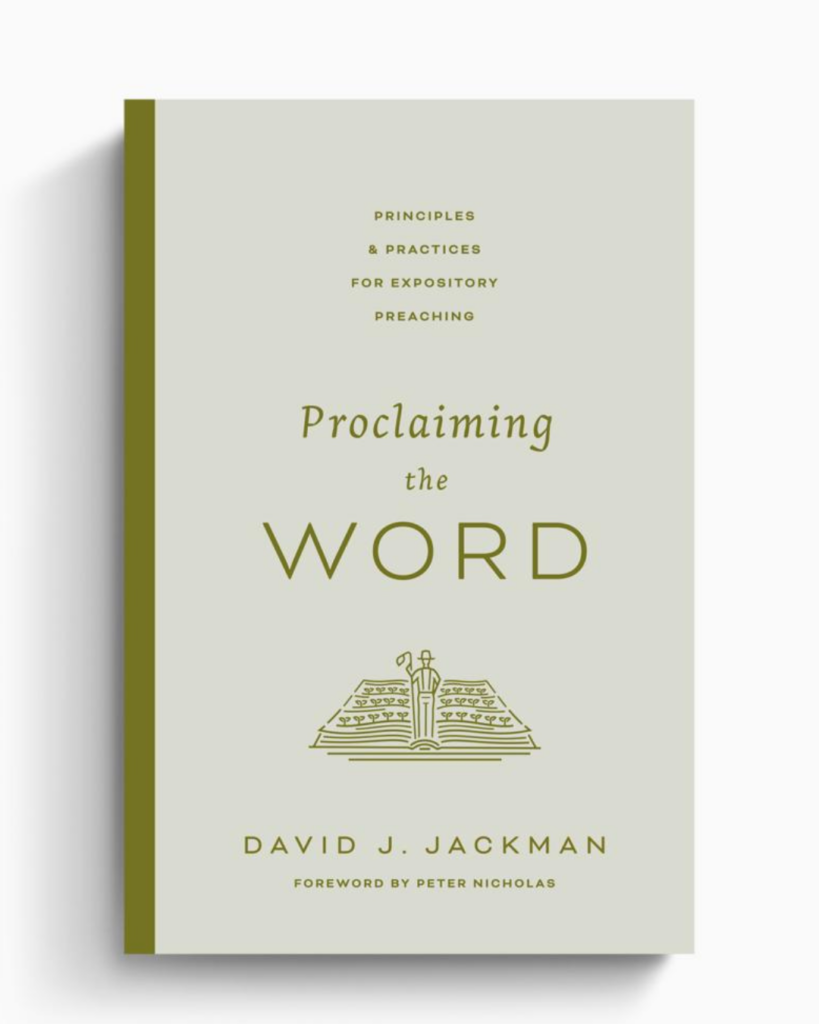Across the world, every Sunday, in numberless churches, of many different denominations, the Bible is opened and read and a sermon or talk is given. But what is the relationship of the Bible to the preaching? To answer this question it may help to think in terms of analogy with a car. Perhaps you are a preacher or teacher, almost certainly you are a listener, so as you think about the sermons you preach or hear, ask yourself where is the Bible in the car? How does it affect the preaching?
Sadly, in some churches, it is in the trunk, hidden away with lots of bits and pieces which may have their use from time to time, but are largely forgotten and ignored. Here it is the preacher’s intellect, passion or prejudices which govern the content. For others, the Bible is in the back seat. Every driver knows how frustrating back-seat passengers can be when they try to dictate progress on the journey. For these, the Bible is largely an irritant and only valued for the occasional insight it may provide. But probably for most the Bible is in the passenger seat, alongside the driver, to offer advice, to suggest direction, to be a sort of celestial satellite navigational aid, but not to have control of the steering wheel. In preaching of this sort the Bible is certainly used, but does not have ultimate authority. However, there is of course one last alternative, for which I want to argue, and that is for the Bible to be in the driving seat, controlling the content, direction and purpose of what is being said.
I have been seeking to follow the expository pattern in my own preaching for the last 50 years and to help train others to be “a worker who does not need to be ashamed and who correctly handles the word of truth” 2Tim2:15).. I frequently feel that I am only in the primary school department and have so much to learn, as we all do, but I have tried to put together some of what I have learned and to pass on to others in preaching workshops around the world, in my new book, “Proclaiming the Word”, published by Crossway. My intention is to provide a practical primer for those who are either setting out to be Bible expositors, or to persevere and develop their skills in the task, whether in the pulpit, the Sunday School class, or the study group context.
The first part of the book deals with the principles which undergird the work of exposition, along with practical examples of how to use them, both in preparation and proclamation. A guide is provided as to how to utilise preparation time to the maximum effect, working firstly at the exegesis of the text, determining its genre and setting it in its book and whole Bible contexts. Moving from the meaning of the text and its major themes to its significance and application to our lives today, attention is paid to the transformational intention of the writer, so that our contemporary communication cuts with the grain of the wood and does not seek to impose our own applications imported from outside the passage.
Other chapters deal with how to structure the talk and strategies for making its message accessible and engaging for our hearers – ways to get “under the radar” of those who listen. There are several tools to identify and use in practice to make all this effective, such as singing to the theme tune, echoing the Bible’s tone, relating the Old to the New Testament and using the whole Bible metanarrative, with many worked examples. The whole is designed to be used for personal instructions and refreshment, or for a study group or workshop context, or for a pastor to use as an instruction handbook for the rising generation of leaders in the local congregation.
Exposition is demanding, but enormously fulfilling work. Describing his experience of proclaiming Christ, the apostle Paul affirmed “to this end I strenuously contend” (“I toil, struggling” ESV). It was costly in time and hard work, but he continues “with all the energy Christ so powerfully works in me” (Col 1:29). This is God’s plan for the nurture and growth of his people and I am convinced that it is the primary need of the church today, in our increasingly secular and challenging culture. Anything we can do to help one another embrace and persevere in the exposition of God’s word will yield great rewards, both within our churches and for our mission in the unbelieving world.

David Jackman (MA, Cambridge University) is a renowned Christian speaker and author. After fifteen years in pastoral ministry, he became the founder-director of the Cornhill Training Course in London, a ministry of the Proclamation Trust, of which he was later president. This ministry continues to encourage and equip Bible teachers around the world.

